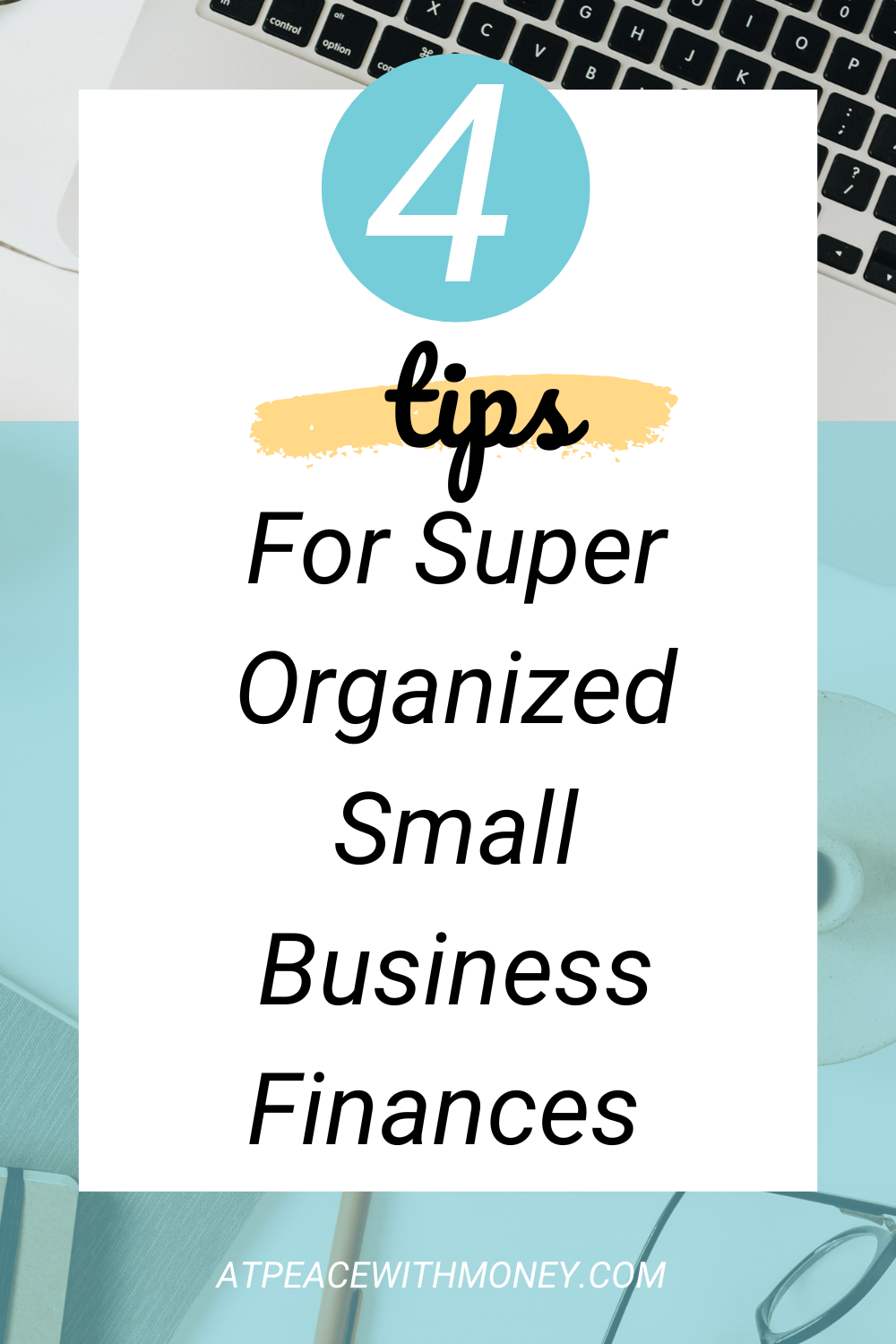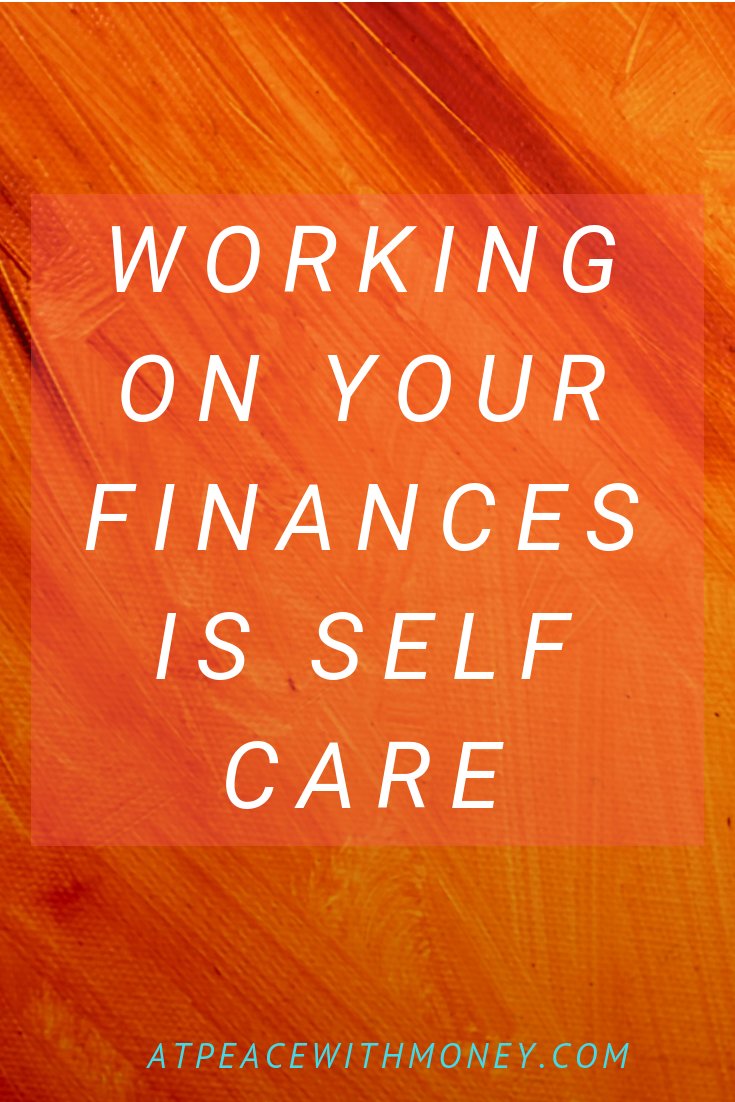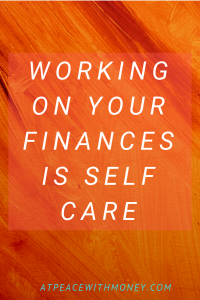Money Talk Matters: Why Talking About Money Can Help You Learn Financial Literacy

When you read the title of this post, how did you react? Did you nod your head in agreement, or did you start to squirm? We all have different attitudes about money, and different attitudes about talking about it. Although it’s culturally considered a taboo to talk about money, I believe it’s important.
Whether it be with our friends, children, family members, or neighbors, there are many reasons why talking about money candidly can positively impact both you and those you discuss it with. Here are my top 5 reasons to talk about money more.
Gain Financial Knowledge & Skills
Everyone has a different perspective on money. Everyone grew up with different attitudes and assumptions around it, so everyone has different strategies and tools for working with it. This means that the more conversations you start with others about money, the more you will naturally learn about different money styles. This can also be a great way to stay in the know about current financial issues.
Ensure You’re Valuing Your Work
Whether you are self-employed or an employee at a larger company, it pays to talk about how much you make. For self-employed people, it can be very important to learn what other people in your industry are charging and making. This helps you get a better sense of your industry and what you can charge for your products or services. Many people, especially new business owners, have a tendency to undervalue their work. Talking about money with other small business owners can help you avoid this pitfall.
If you’re an employee of a business, talk with your coworkers to ensure you’re not getting underpaid for your work. This can help you gather the information you need to ask for a raise or seek a higher-paying position.
In either situation, I highly recommend reading my article, “To Increase Your Earnings, Take Action” to help inspire your next steps.
Find an Accountability Buddy
Talking about money goals and spending plans with others can help you stay on track with your financial aspirations. Similarly, you can help provide a level of financial accountability to whoever you talk money with. This is one of many great things you can do with a money buddy. Many people are highly motivated by social accountability, so you may find that this works well for you.
Lower Stress & Anxiety
Talking about money with others can release a lot of emotional burdens. You might have the chance to unpack some shame around your finances, find out that your conditions are normal compared to your peers, or get recommendations for resources that can help you along your financial path. Many people find their stress levels elevate when they think about money. Thinking and talking about it with others can reduce your stress.
Ease Your Relationships
Money can affect your relationships. Talking about money with those close to us in an open, honest way is a skill that pays dividends. You may find that the more you are able to open up and talk calmly about finances, the more at ease your relationships feel.
If you enjoyed this article, you might like to grab your free copy of 9 Secrets to Financial Self Care! Click here or below. Enjoy!






















 The Butterfly Effect dictates that small events have a rippling effect that can cause much larger events to occur. While you may feel that your contribution to the world is small, what you do ripples out. I love this quote from author and activist Grace Lee Boggs, who says, “We never know how our small activities will affect others through the invisible fabric of our connectedness. In this exquisitely connected world, it’s never a question of ‘critical mass.’ It is always about critical connections.”
The Butterfly Effect dictates that small events have a rippling effect that can cause much larger events to occur. While you may feel that your contribution to the world is small, what you do ripples out. I love this quote from author and activist Grace Lee Boggs, who says, “We never know how our small activities will affect others through the invisible fabric of our connectedness. In this exquisitely connected world, it’s never a question of ‘critical mass.’ It is always about critical connections.”







 There are a number of ways to take this plunge. First, you can look through everything yourself. Especially if your books are not that complicated, or you have a rough system going already, taking a look on your own is a good idea. You can also get a good picture of whether you’re able to hire or consult with a bookkeeper. A good bookkeeper will be able to
There are a number of ways to take this plunge. First, you can look through everything yourself. Especially if your books are not that complicated, or you have a rough system going already, taking a look on your own is a good idea. You can also get a good picture of whether you’re able to hire or consult with a bookkeeper. A good bookkeeper will be able to 


 Three Keys
Three Keys


 I know they say “Leap and the net will appear,” but in order to take care of yourself financially, I think it’s best to take the leap only when you’ve already constructed at least some of that net for yourself. I understand this is difficult territory. It can be hard to know when you might make more money if you’re able to work on your hustle full time, rather than playing it safe and keeping it on the side. My advice is to think carefully and critically and make sure you have the resources to take care of yourself!
I know they say “Leap and the net will appear,” but in order to take care of yourself financially, I think it’s best to take the leap only when you’ve already constructed at least some of that net for yourself. I understand this is difficult territory. It can be hard to know when you might make more money if you’re able to work on your hustle full time, rather than playing it safe and keeping it on the side. My advice is to think carefully and critically and make sure you have the resources to take care of yourself! 


 As we go into 2019, I’m focusing on this idea of financial organization as self-care. To kick the new year off, I’m releasing a series detailing my top three money moves for financial success this year. These insights are geared towards solopreneurs and intended to help you get on top of your business finances. [Edit: you can
As we go into 2019, I’m focusing on this idea of financial organization as self-care. To kick the new year off, I’m releasing a series detailing my top three money moves for financial success this year. These insights are geared towards solopreneurs and intended to help you get on top of your business finances. [Edit: you can